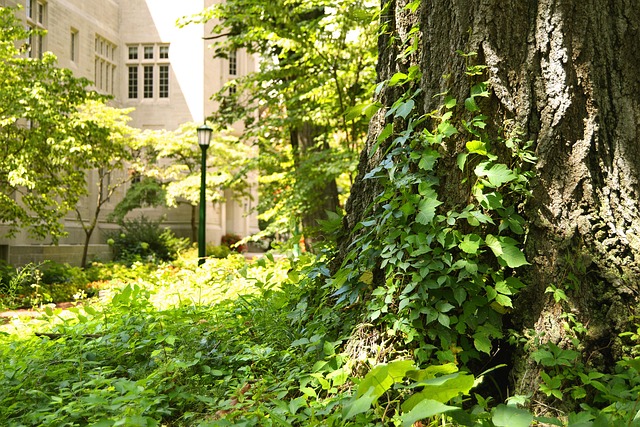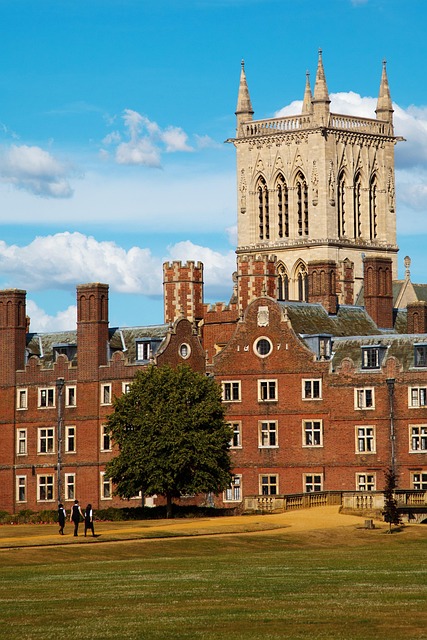Securing off-campus housing requires thorough research using a student accommodation guide. Consider safety, campus proximity, local amenities, and cultural dynamics by utilizing online resources, forums, and in-person visits. Understand local laws, regulations, and community norms through rental agreements, security details, and fair pricing; respect noise, parking, and maintenance guidelines to build positive relationships with neighbors. Prioritize safety by researching crime statistics, safety ratings, and security features of potential areas for a secure living environment.
Securing the perfect off-campus apartment can be a daunting task for students, but with the right strategies, it becomes an exciting journey. This comprehensive student accommodation guide offers tricks and insights to navigate the process effortlessly. From researching safe neighborhoods and setting budgets to effective search tactics and lease management, we’ve got you covered. Discover how to turn your ideal living space into a reality while ensuring a smooth transition to independent life.
- Research and Understand Your Area
- – Identifying safe and suitable neighborhoods
- – Local laws, regulations, and community norms related to student accommodation
- – Crime statistics and safety ratings of potential areas
Research and Understand Your Area

Before diving into the search for your perfect off-campus apartment, take the time to research and understand your area. This student accommodation guide emphasizes the significance of knowing your surroundings. Start by considering factors like safety, proximity to campus, and local amenities such as grocery stores, libraries, and recreational facilities. Online resources, local forums, and current students’ experiences can provide valuable insights into different neighborhoods. Understanding the cultural dynamics, traffic patterns, and general vibe of each area will help you make an informed decision that suits your lifestyle.
Once you’ve identified a few promising locations, physically visit them to get a firsthand feel for the environment. Check out local businesses, walk through residential streets, and observe the overall atmosphere. This hands-on approach allows you to assess how each potential neighborhood aligns with your needs as a student. Remember, choosing the right location can significantly impact your off-campus living experience, so take the time to research and understand your area before signing any lease agreements.
– Identifying safe and suitable neighborhoods

Securing an ideal off-campus apartment starts with a thorough understanding of the local neighborhoods. As part of your student accommodation guide, it’s crucial to identify areas that balance safety and accessibility. Research crime statistics, check for well-lit streets, and consider proximity to campus, public transportation, and essential amenities like grocery stores and pharmacies.
Look for neighborhoods with active community watch programs or security patrols. Speak to current residents, local shopkeepers, or campus security personnel to gauge the general safety perception. Remember, a safe neighborhood not only enhances your personal security but also contributes to a more enjoyable living experience, allowing you to focus on academics and campus life without constant worry.
– Local laws, regulations, and community norms related to student accommodation

Securing an ideal off-campus apartment requires a thorough understanding of local laws, regulations, and community norms that govern student accommodation. Each city and region has its unique set of rules designed to protect both landlords and tenants. A comprehensive student accommodation guide should cover aspects like rental agreements, security deposits, and fair pricing. Familiarizing yourself with these details is crucial before beginning your search.
Community norms play a significant role in the off-campus housing experience. Understanding local expectations regarding noise levels, parking, and maintenance can help avoid conflicts with neighbors. Many communities have specific guidelines for student living, addressing issues like party policies and quiet hours. Being proactive in researching and adhering to these regulations will contribute to a positive living environment and smooth tenant-landlord relationships.
– Crime statistics and safety ratings of potential areas

When looking for an off-campus apartment, one of the most critical factors is ensuring your safety. A student accommodation guide recommends that before signing a lease, you should thoroughly research the crime statistics and safety ratings of potential areas. Check local police reports and websites to understand the prevalence of property crimes, violent incidents, and other safety concerns in the neighborhood.
Additionally, consider looking into community watch programs, security measures offered by landlords (like door cameras, secure entry systems), and the overall vibe of the area. A safe neighborhood can significantly enhance your off-campus living experience, ensuring you feel secure while studying and interacting with your new community.






